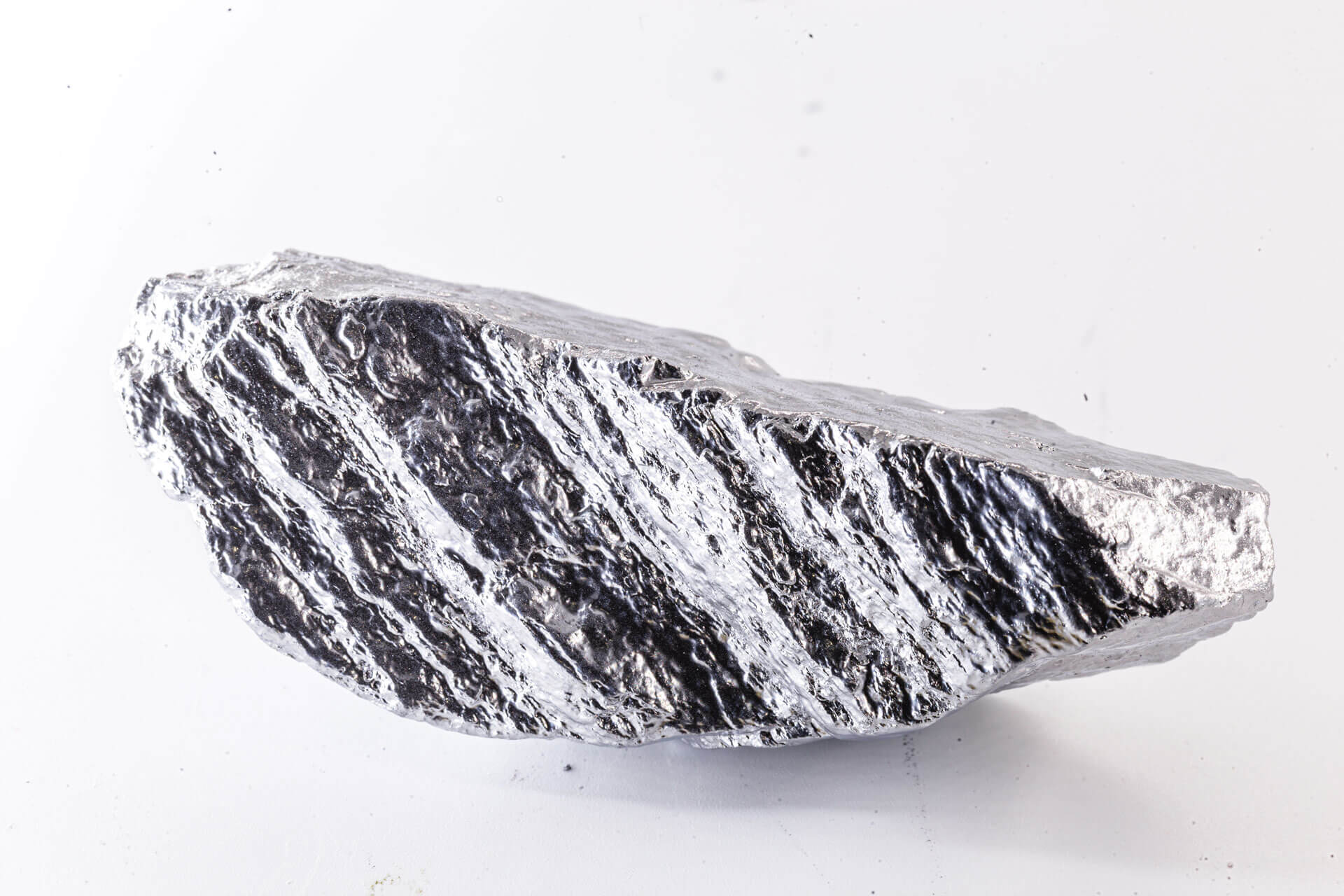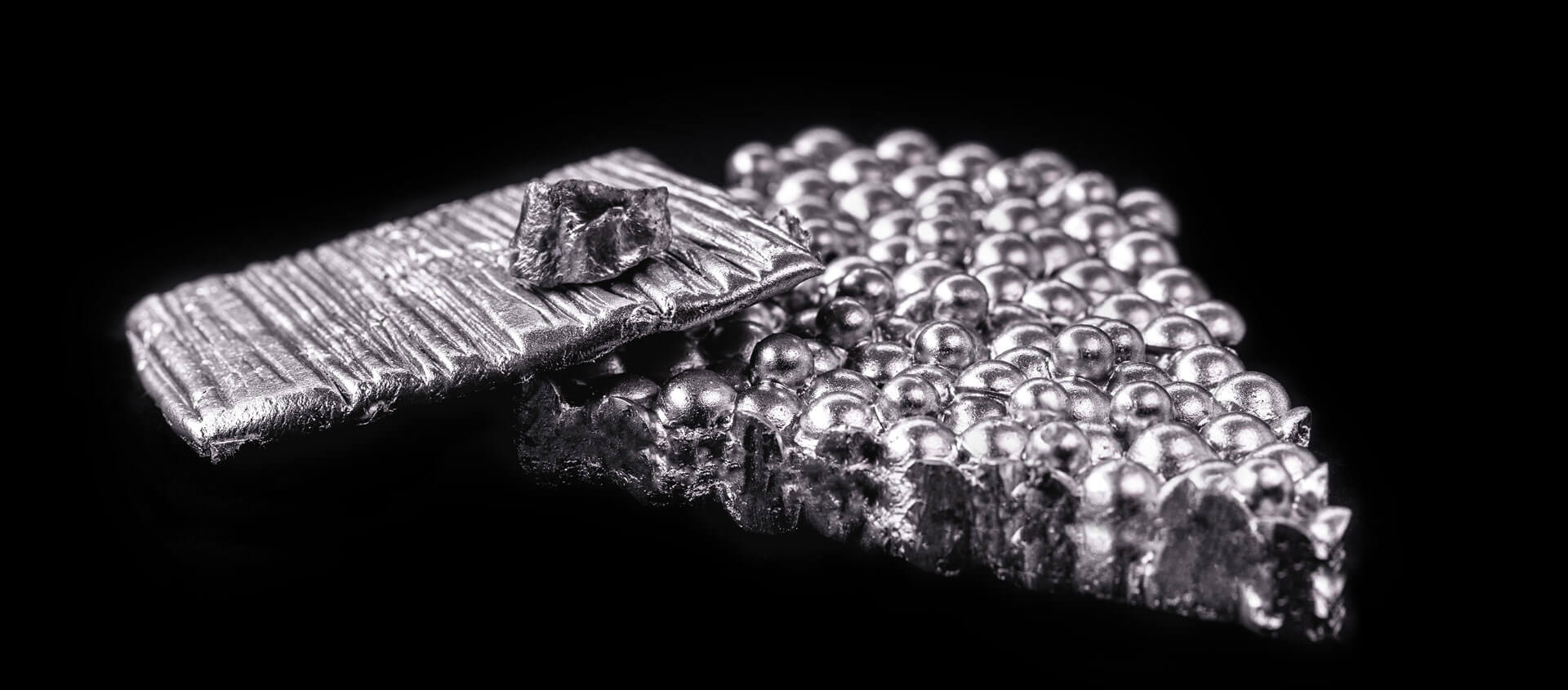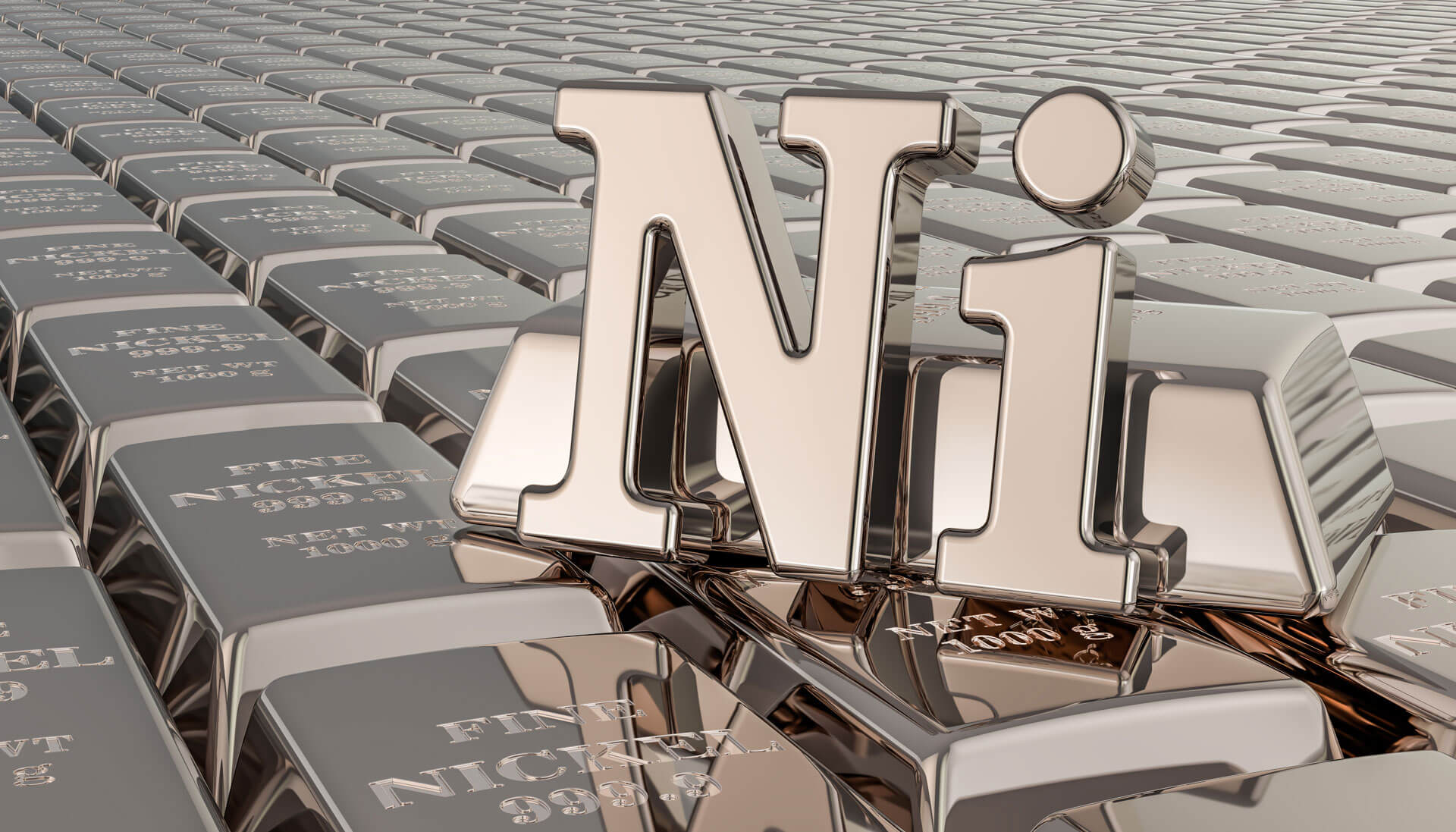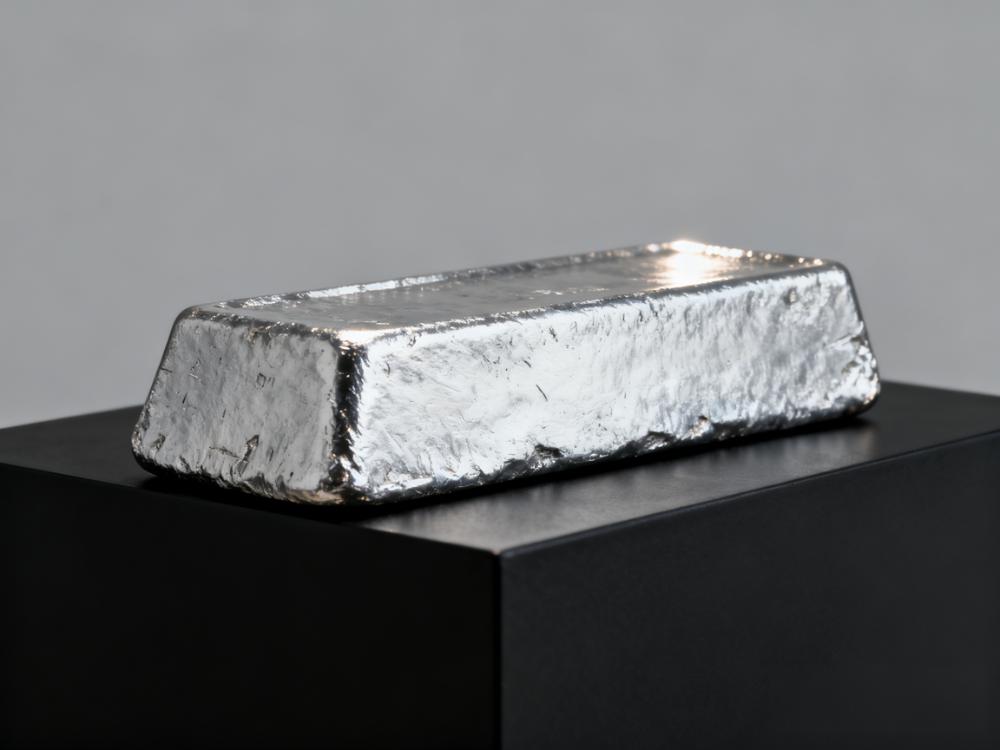by , Jeff Yoders on JULY 18, 2016
Alcoa, Inc., recently opened a state-of-the-art, 3D printing metal powder production facility in its Pittsburgh area Alcoa Technology Center.
The lightweight metals center will produce proprietary titanium, nickel and aluminum powders optimized for 3D printed aerospace parts. Alcoa has invested in a range of technologies to further develop additive manufacturing processes, product design and qualification.
“Alcoa is forging a leadership path in additive manufacturing with a sharp focus on the critical input material—metal powders,” said Alcoa Chairman and Chief Executive Officer Klaus Kleinfeld. “We are combining our expertise in metallurgy, manufacturing, design and product qualification to push beyond the possibilities of today’s 3D printing technologies for aerospace and other growth markets.”
Arconic Will Inherit 3D Printing Research
The facility will form part of the spin-off, value-added metals company Arconic following separation from Alcoa’s traditional commodity business in the second half of 2016. The plant is part of a $60 million investment in 3D printing materials and processes that builds on the Alcoa’ 3D printing capabilities in California, Georgia, Michigan, Pennsylvania and Texas.
In addition to producing powders, Alcoa is focused on advancing a range of additive techniques, including its recently unveiled Ampliforge process, a hybrid technique that combines additive and traditional manufacturing. Using the Ampliforge process, Alcoa designs and 3D prints a near complete part, then treats it using traditional manufacturing processes, such as forging. The process enhances the properties of 3D printed parts, increasing toughness and strength versus parts made solely by additive manufacturing, and significantly reduces material input. Alcoa is piloting the technique in Pittsburgh and Cleveland.
Metal powders used for 3D printing durable, high-quality aerospace parts are available in limited quantities. Through this expansion, announced in September 2015, Alcoa will develop materials with the specific properties needed to 3D print high-performance components.
This is a considerable investment in delivering the “value-added” services that Kleinfeld previously promised Arconic would specialize in. Alcoa owns and operates one of the world’s largest Hot Isostatic Pressing complexes in aerospace. HIP technology strengthens the metallic structures of traditional and additive manufactured parts made of titanium and nickel-based super-alloys. Through its acquisition of RTI last year, Alcoa gained 3D printing capabilities in titanium and other specialty metals for the aerospace market and other growth industries.
When the separation and spinoff of Arconic finally happens, the new company will be positioned with both the research and production capabilities to provide aerospace parts to companies such as Airbus. Alcoa already provides Airbus 3D-printed titanium fuselage and engine pylon parts for commercial aircraft and expects to deliver the aircraft manufacturer its first additive manufactured (3D printed) parts under an existing agreement later this year.



